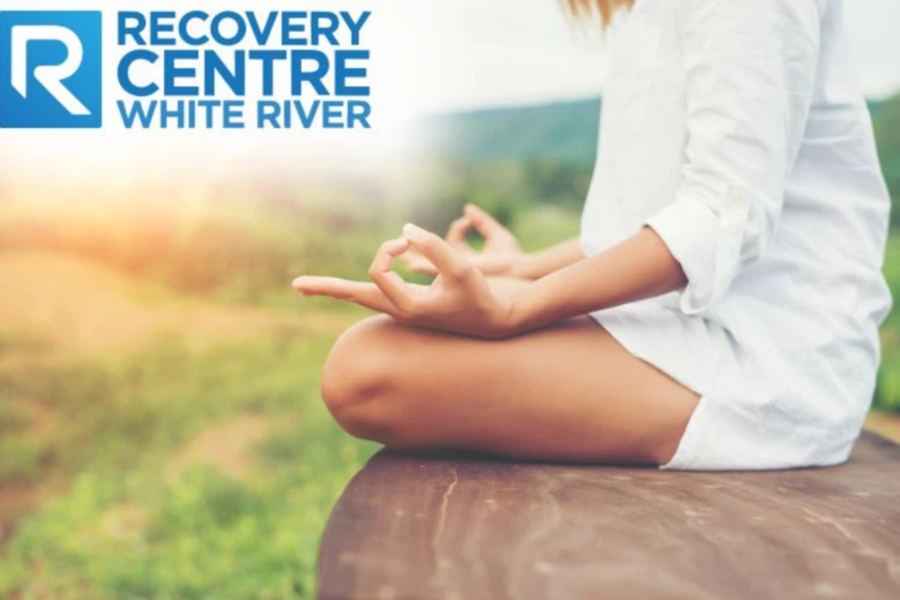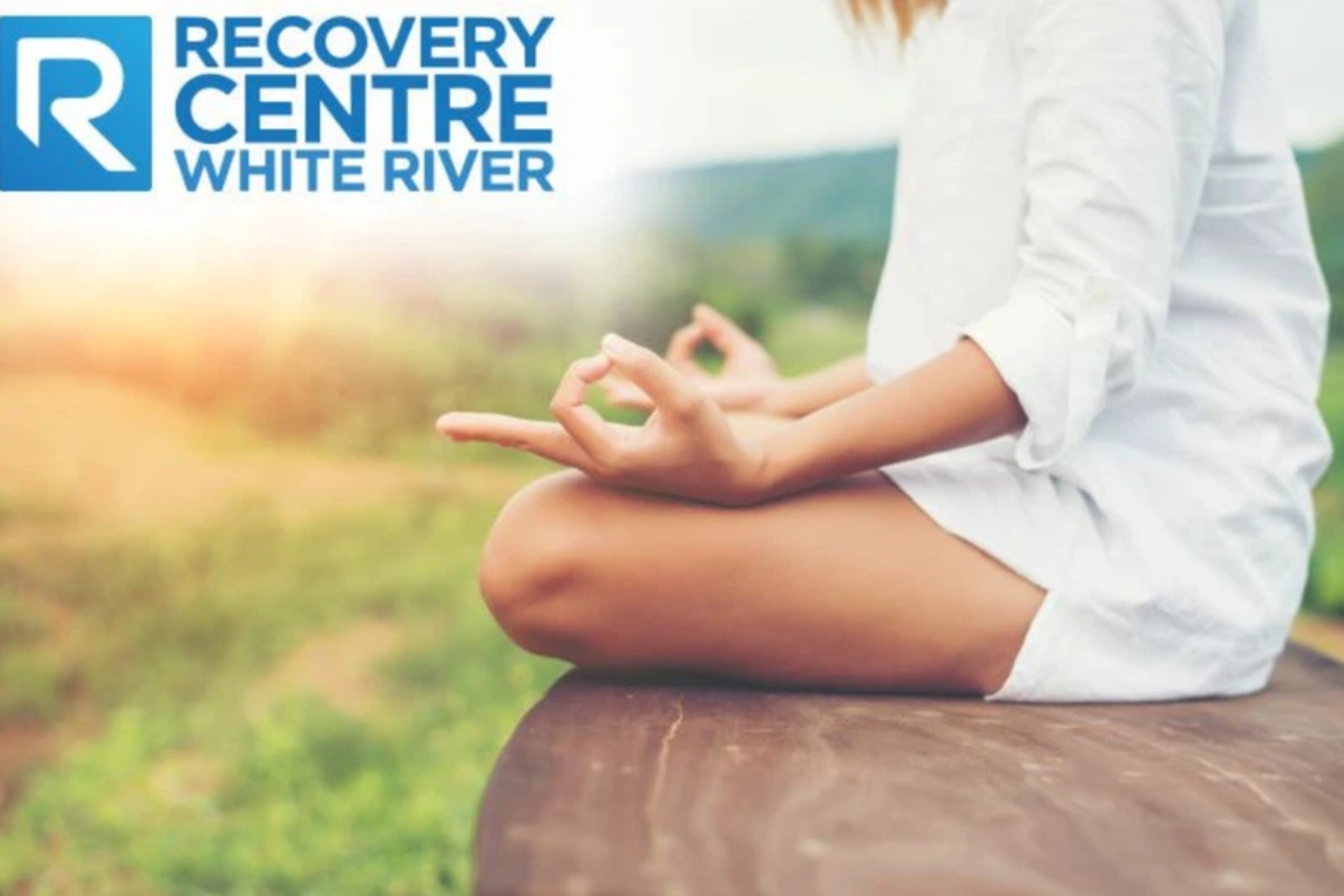
Holistic therapy in long-term dependency treatment
Holistic therapy is a way to address addiction that looks at the whole person, including their physical, social, mental, and spiritual health. It is based on the idea that addiction is not just a physical problem, but also a complicated disease that affects the whole person. Holistic therapy considers all the above and uses various […]

Holistic therapy is a way to address addiction that looks at the whole person, including their physical, social, mental, and spiritual health. It is based on the idea that addiction is not just a physical problem, but also a complicated disease that affects the whole person.
Holistic therapy considers all the above and uses various methods to address them. Holistic therapy can be used as a supplement to traditional addiction treatment, such as medication and psychotherapy, or as an alternative approach for some people
Holistic therapy is an important part of long-term addiction treatment at Recovery Centre White River because it can help people deal with the root reasons for their addiction and learn healthy ways to deal with stress.
METHODS USED IN HOLISTIC THERAPY
Holistic therapy can be a useful alternative to more usual ways of treating addiction. It can help people deal with the reasons for their problems, learn healthy ways to deal with stress, and get better for good. The following methods are recognized:
Mindfulness-based interventions (MBIs)
Mindfulness is a practice of non-judgmental awareness of the present moment that can help people with addiction develop clarity, focus, self-compassion, and emotional balance. Mindfulness can also reduce stress, anxiety, and mental chatter that often trigger substance abuse and addictive behaviour.
Mindfulness-based interventions (MBIs) are effective therapies that can significantly reduce the consumption of several substances and address the underlying mechanisms of substance addiction. MBIs are usually delivered in a group format over several weeks and may be combined with motivational interviewing. Some examples of MBIs are Mindfulness-Based Relapse Prevention, Mindfulness-Based Cognitive Therapy, Acceptance and Commitment Therapy, and Dialectical Behaviour Therapy.
These therapies use techniques such as meditation, breathing exercises, body scans, urge surfing, and cognitive restructuring to help clients cope with cravings, negative emotions, and relapse risks.
YOGA
Yoga is a practice that involves physical poses, breathing exercises, and meditation. Yoga can help people with addiction reduce stress, anxiety, and cravings, as well as improve their physical health and self-awareness. Yoga can also enhance the effects of other therapies, such as cognitive-behavioural therapy (CBT) and mindfulness.
MEDITATION
Meditation is a technique that involves focusing one’s attention on a single object, such as the breath, a word, or a sound. Meditation can help people with addiction calm their minds, increase their concentration, and cope with negative emotions. Meditation can also foster a sense of spirituality and connection with oneself and others.
ACUPUNCTURE
Acupuncture is a form of traditional Chinese medicine that involves inserting thin needles into specific points on the body. Acupuncture can help people with addiction relieve pain, nausea, insomnia, and withdrawal symptoms. Acupuncture can also stimulate the release of endorphins, which are natural painkillers and mood enhancers.
NUTRITIONAL COUNSELLING
Nutritional counselling, or nutrition therapy, is a form of therapy that uses food to prevent and reverse the course of chronic conditions such as diabetes, heart disease, and arthritis, but rarely is it applied to drug addiction.
Research supports using nutritional counselling in an addiction treatment context, but many providers are unaware of how diet can be used to promote recovery. Nutritional counselling begins with a food intake assessment and a body weight evaluation. A nutrition expert may then provide personalized dietary recommendations and education to help clients improve their physical health and wellness, reduce stress and anxiety, enhance emotional regulation and coping skills, increase self-awareness and self-confidence, develop spiritual awareness and meaning, promote long-term recovery and relapse prevention.
Nutritional counselling may also address the nutritional consequences of drug misuse, such as malnutrition, metabolic disorders, dental problems, gastrointestinal issues, liver damage, and brain impairment.
SPIRITUAL COUNSELLING
Spiritual counselling is a form of therapy that aims to treat the whole person, not just the symptoms of their addiction.
Spiritual counselling considers the physical, emotional, social, and spiritual aspects of a person’s well-being and uses various methods to address them. Spiritual counselling can be used as a supplement to traditional addiction treatment or as an alternative approach for some people.
Spiritual counselling may involve the use of religious beliefs or practices, such as prayer or attending a service; or it may involve the use of non-religious forms of spirituality, such as spending time in nature or interacting with art. Spiritual counselling can support the addiction recovery process by restoring self-worth; giving a new sense of purpose; helping regulate negative thoughts and emotions; providing a sense of peace; promoting happiness and hope; providing a touchstone and holistic perspective for understanding the world; reminding of the importance of self-love and love for others.
MASSAGE
Massage is a technique that involves applying pressure and movement to the muscles and tissues of the body. Massage can help people with addiction relax their bodies, ease tension, and improve blood circulation. Massage can also increase the levels of serotonin and dopamine, which are neurotransmitters that regulate mood and motivation.
ART THERAPY
Art therapy is a form of expressive therapy that involves creating and interpreting art. Art therapy can help people with addiction express their feelings, thoughts, and experiences in a non-verbal way. Art therapy can also stimulate creativity, imagination, and self-esteem.
BENEFITS OF HOLISTIC THERAPY IN LONG-TERM ADDICTION RECOVERY
Holistic therapy can have many benefits for people with long-term dependency issues.
Some of these benefits include:
- Improving physical health and wellness
- Reducing stress and anxiety
- Enhancing emotional regulation and coping skills
- Increasing self-awareness and self-confidence
- Developing spiritual awareness and meaning
- Strengthening social support and relationships
- Promoting long-term recovery and relapse prevention
However, holistic therapy also has some limitations and precautions. Some of these include:
- Lack of scientific evidence for some methods
- Potential interactions or side effects with medications or other treatments
- Need for qualified and experienced practitioners
- Cost and availability of some services
- Personal preferences and beliefs of the individual
Therefore, holistic therapy should be used with caution and consultation with one’s doctor or therapist. Holistic therapy should not replace conventional treatment but rather complement it. Holistic therapy should also be tailored to the individual’s needs, goals, and preferences.
ALSO READ: Skywatchers to be treated to TWO FULL MOONS in August
CONCLUSION
Recovery Centre White River is an outstanding establishment that makes use of holistic therapy in long-term dependency treatment.
Holistic therapy is a diverse and integrative approach to treating long term dependency issues. It uses various methods to address the physical, emotional, social, and spiritual aspects of a person’s well-being. Holistic therapy can have many benefits for people with addiction but also some limitations and precautions.
Holistic therapy are used as a supplement or an alternative to traditional addiction treatment depending on the individual’s situation.
At the centre, they believe that rehab is an investment in the life of each client, making it time and money well spent.
Their interdisciplinary team of seasoned experts is dedicated to offering the greatest level of care while catering to the specific needs of each client. Many of the employees have travelled their own road to recovery and are now able to help others begin theirs.
The centre is located on the fringes of Kruger National Park, in the beautiful Lowveld beauty of South Africa. The surrounding mountains and waterfalls provide a healing atmosphere that fosters inner harmony and allows you to focus on your rehabilitation.
